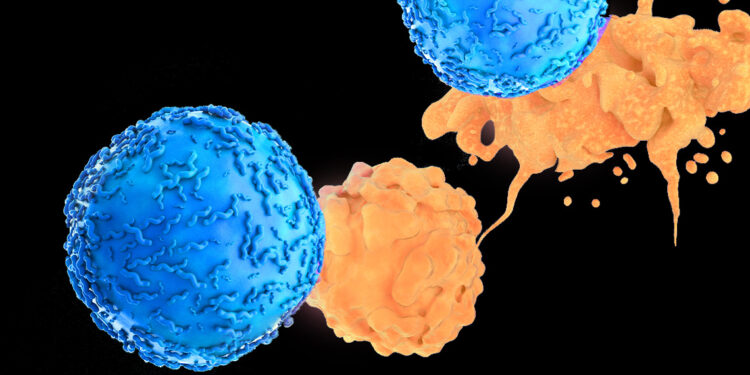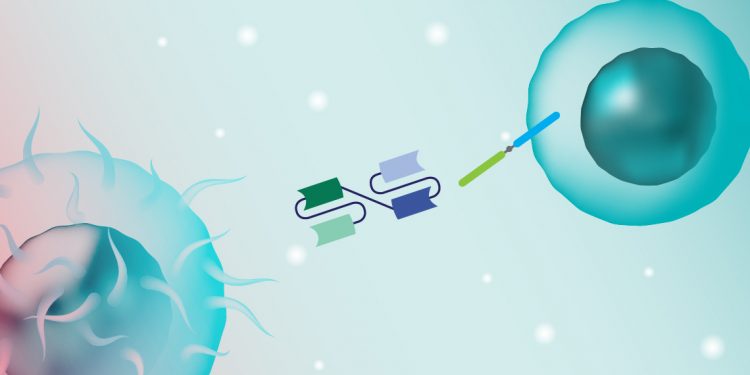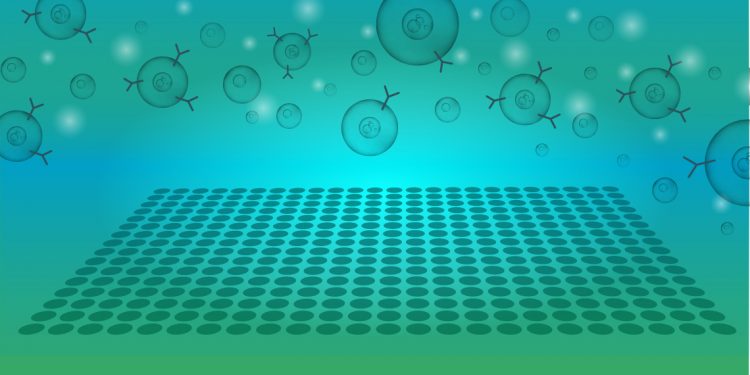
Flow Cytometry Empowers CAR T-Cell Therapies

Leading the Way in Our Understanding of COVID-19: Peptide Megapool Assays

The ZE5 Cell Analyzer, a Fast and Flexible Flow Cytometer for High-Throughput Screening

Bispecific Antibodies and Cancer Immunotherapy

5 Reasons to Read the Antibody Advice Guide

5 High-Throughput Screening Applications Using Flow Cytometry

6 Tips to Secure Funding for Flow Cytometers

Advanced Cancer Therapeutics: Increasing Efficacy and Specificity and Reducing Toxicity

Immune Surveillance in SARS-CoV-2 Vaccine Development


